|
Well, it’s just one of those stories that you have to try figuring out by working backwards in time. The decedent is one, Frank Brunner Rhodes, buried in Mount Olivet’s Area H/Lot 217 on October 10th, 1941. I quickly learned that the funeral occurred nearly seven weeks after Mr. Rhodes death on August 22nd. At the time he was 75 years old, and living in Providence, Rhode Island, his home for a number of years. I still don’t understand the cause of delay for his burial here in Frederick months later, as I saw stated that funeral services were held in Rhode Island a few days after his death. Regardless, there was no sense of urgency to bury the body as I found Mr. Rhodes to be an early example of a cremains burial here at Mount Olivet. Frank’s obituary appeared in the local Frederick paper that August, and sheds light on a man who had quite a theatrical life as a successful star of vaudeville. Because I like to go the extra yard for educational purposes with this blog, namingly educating myself just as much as the reader, I wanted to understand better the calling that characterized Frank B. Rhodes’ life—that of vaudeville. Vaudeville is a theatrical genre of variety entertainment born in France at the end of the 19th century. A “vaudeville” was originally a comedy without psychological or moral intentions, based on a comical situation: a dramatic composition or light poetry, interspersed with songs or ballets. It became popular in the United States and Canada from the early 1880s until the early 1930s, but the idea of vaudeville's theatre changed radically from its French antecedent. In some ways analogous to music hall from Victorian Britain, a typical American vaudeville performance was made up of a series of separate, unrelated acts grouped together on a common bill. Types of acts have included popular and classical musicians, singers, dancers, comedians, trained animals, magicians, ventriloquists, strongmen, female and male impersonators, acrobats, clowns, illustrated songs, jugglers, one-act plays or scenes from plays, athletes, lecturing celebrities, minstrels, and movies. Called "the heart of American show business", vaudeville was one of the most popular types of entertainment in North America for several decades. Frank Brunner Rhodes was born January 17th, 1867, the son of Francis Thomas Rhodes (1835-1906) and Eliza Jane Mantz (1835-1913). Our subject is buried under a family monument that also marks the final resting place of his parents and sister Ada (1859-1938). I figured I’d include the obituaries of Frank’s parents as they shed some important light on his upbringing. So this is going to be one of those biographies which I am making from scratch, having found nothing substantial online or in history books. It’s funny, as it seems that Frank B. Rhodes’ life was extraordinary and we should know more considering the reality stars of today are heralded as “larger than life” by today’s media outlets. Mr. Rhodes frequently made the Frederick newspapers, so the following is a chronological compilation of his life doings in an effort to piece him together after 1880. Frank Brunner Rhodes Thanks to a few articles found in local newspapers, I gleaned a bit about our subject at the time of his 21st year. Frank and his father (referred to as “the Governor”) were noted musicians with the highly-acclaimed Frederick Cornet Band, and made a good showing in Martinsburg, WV in 1884. Frank also worked for his father at the family-run soda fountain and confectionary. Apparently, he had to come to the rescue of his brother who experienced an unfortunate accident in 1885. Frank was more than a gifted musician, apparently he possessed special talent as an actor. In 1886, he would leave home to work with a noted theatrical group based in the Philadelphia area. Frank B. Rhodes would travel with this group over the next few years, and I’ve enclosed a letter written home and printed in the local paper in which he describes (in great detail) a visit to a coal mine in Nanticoke, Pennsylvania. A year and a half earlier in December, 1885, 26 men perished as a flood occurred in this mine and all were killed by a deadly flow of quicksand. In 1890, a local newspaper referred to Frank B. Rhodes as “Frederick’s rising young comedian.” His involvement with the Frederick Cornet Band continued, as he served in capacity of Drum Major. The group, under his leadership, was heralded for their participation in the 1890 unveiling of a large memorial to Robert E. Lee in Richmond, the former capital of the Confederacy during the American Civil War. Rhodes would excel with a caricature of himself as “the lightning drum major of the world.” I found a picture on eBay through my research and this was a photograph of an award presented to Rhodes stating the fact that he was seen as the world’s top drum major. Just another example of how you can find almost anything on eBay I guess. While conducting random Google searches online, I also stumbled across an unidentified photo of a vaudeville performer of this era, and wonder if it could possibly be our subject? Frank was hired to participate in vaudeville and minstrel shows that traveled the country, most notably W. S. Cleveland’s Consolidated Minstrels, and Joseph Gorton’s Minstrels. He would spend 1891 and 1892 on the road with a stage production called “Uncle Hiram,” in which audiences delighted in seeing him perform his drum major shtick. Frank B. Rhodes came back to his hometown as an entertainment star. It seemed that celebrity hadn’t changed him that much as he could be found doing his own stunts as evidenced by his killing of a rattlesnake on a local excursion to nearby White Rock, north of town. Frank was still being recruited for work by theatrical groups around the country, however he seems to have settled into life in his hometown. He married a local girl and actress, Ida Wilmoth Adams, in 1893. She was the granddaughter of former Frederick mayor Lewis Brunner who served from 1890-1892. This fact may have played a hand in Frank gaining local employment at the Frederick Opera House. His knowledge of show business likely landed him the job of theater manager of the City Opera House. Known today as Brewers Alley Restaurant, the Opera House shared its commodious quarters with Frederick’s Market House and Town Hall, both located on the first floor. The current edifice was built in 1873 and was quite impressive as a premiere show venue. The second floor included a large auditorium that would one day accommodate 1,100 seats. In 1900, under the leadership of Mr. Rhodes, the building was renovated to include an auditorium on its first floor with balconies. Its stage presented shows by touring companies and local theater groups, symphonies and dances, and lectures and special services. Mr. Rhodes deserves a great deal of this credit and was responsible for bringing top national acts and performers to Frederick throughout the next two decades. In 1895, Frank helped create Frederick’s Orchestra, managed a large Flower Show, brought a premiere touring show of Romeo and Juliet, and helped establish local, home-grown theater. As a matter of fact, in that same year, he helped stage a local production of “Princess Phosa” that would raise money for the Francis Scott Key Monument Association attempting to garner funds for a memorial to be placed at Mount Olivet Cemetery. A local theater group was another creation of Mr. Rhodes and given the name, “The Merrymakers.”  Frederick News (March 18, 1899) Frederick News (March 18, 1899) In the 1900 census, Frank Rhodes is listed as a renter in the Market Space, which made for a very short commute to the Opera House located next door. He and Ida were parents to two children, Frank Jr. (b. 1894) and Winifred (b. 1898). Frank seems to have done a lot of work “behind the scenes” when it came to the theater world. This is as much a figurative statement as it is literal, because Frank B. Rhodes had a strong reputation for being one of the country’s best scenery creators. Many articles herald his work which was in demand by theater companies and venues throughout the country. Articles regularly announced his sojourns to other cities to consult and install stage backdrops. In 1903-1904, Frank took a show on the road, entitled “Uncle Hez.” He actually purchased a custom train car in which to transport his production staff to cities around the country. He also was given the job to create a top-notch entertainment venue at the Frederick Agricultural Fairgrounds. Once back home in Frederick, he devoted more time to serving as lessee of the Frederick Opera House, while also running his own restaurant on West 2nd Street called the Wedgewood Café. This eatery was opened in early 1907 and heralded as “the little restaurant that sets the pace,” and was located at the former site of his father’s soda fountain. In a few years’ time, Frank would convert the café into the larger Wedgewood Inn, a hotel. Unfortunately, the venture, although very popular with the citizenry, would close in early 1909 and became home to a green grocer under Mr. C. M. Dixon. Frank and Ida Rhodes continued with Vaudeville engagements. They are found living at #3 West Second Street in the 1910 census, however their time in Frederick was coming to an end. They would move to New York shortly thereafter. Frank’s heralded return to Frederick was highly anticipated as he would not come in person, but instead by way of a film reel. Frederick’s vaudevillian would appear in a movie entitled “Oh the Relations” which played at the Marvel Theater in summer 1912. Made by Solax Studios of New Jersey, I found a synopsis online of this film: “The son of a poor widow leaves his mother, and goes out into the "world" to "make his mark." The boy succeeds rapidly. Before long he marries into a family of wealth. The boy in the meanwhile forgets all about the narrow straits in which he has left his mother. He also forgets that she needs money regularly with which to live. Only periodically does he send her a measly $5. To his new friends and his wife he poses as an orphan without friends or relations. His mother suffers keenly her son's neglect. At last, when her son had neglected to send her a remittance for a good many months, the mother decides to go to the city and look him up. Worn out with privation and hunger this poor widow reaches the city. Having no place to go, she wends her way to a house of God. Here she sinks into a faint, while the services are in progress. A wealthy woman and her little daughter have compassion on the poor woman. Answering the pleadings of her little girl and her own humane instincts, she orders that the widow be taken to her home. The wealthy woman's husband turns out to be the widow's son. Fate brought together mother and son. The son, seeing his mother's condition, soon realizes how snobbish, how undutiable and how mean he has been. And while with bowed head and shamed face he asks her forgiveness, his wife and child clasp their new-found relation to their hearts. The mother forgives her erring son and takes him to her heaving breast.” The more fascinating aspect of this experience for Frank B. Rhodes is that he actually worked for the first woman to direct films. Solax Studios was an American motion picture studio founded in 1910 by executives from the Gaumont Film Company of France. Alice Guy-Blaché, her husband Herbert, and a third partner, George A. Magie established the Solax Company. Alice Guy-Blaché was artistic director and the director for many of its films, while her husband Herbert Blaché managed production for the new company. They built the first studio in Flushing, New York but, as Solax prospered they invested more than $100,000 in a modern production plant in 1912 in Fort Lee, New Jersey, a place that was quickly becoming the film capital of America and home to many major film studios. Although Frank B. Rhodes’ movie career was not stellar, he was proactive in entering the new entertainment medium that was slowly killing vaudeville and stage productions. More vaudeville performers were pulled into cinema, and the line between live and recorded performance became blurred in the eyes of the masses. By 1914, Frank and family were living in Huntington, WV. Apparently they were making ends meet as a traveling team calling themselves “the Four Palettes.” The Rhodes appear back in New York, living in the city and what is today known as the Chelsea neighborhood. An article in the Frederick newspaper in 1916, claims that the family were recent victims of a robbery. Frank B. Rhodes and family would soon be out of the city, and living in East Greenwich, Rhode Island. A local newspaper article claims the Rhodes moved to Kentucky in 1923, but they would be back in Rhode Island by 1925. It seems that Frank Rhodes would settle into retirement in the vicinity of Cranston, a suburb of Providence, Rhode Island. Information from here on out on Frank is scarce. The Rhodes can be found living with their daughter and family in the 1940 US Census. Frank, Jr. lived in the area and was a lieutenant colonel and commander of Fort Wetherill, a coast artillery fortress, at this time. Frank B. Rhodes took his final curtain call in August of 1941. A few months later, the country would be at war with Japan. Frank Jr. died in 1950 and Winifred in 1959. Ida Rhodes lived out her life in Duval, Florida, dying in 1965.
What a storied career for Frank T. Rhodes. Much like Robert Downing, another theatrical legend found buried roughly 100 yards away, we’d never know about these past lives lived if we didn’t look into them deeper. Cemeteries are special places and incredible theaters unto themselves, keepers of actors of all sorts whose “Stories in Stone" just need a stage to bring back their memory.
1 Comment
Barbara Fishell
3/16/2021 11:17:18 am
Enjoyed this “Stories in Stone.”
Reply
Leave a Reply. |
STORIES
|
Archives
July 2024
June 2024
May 2024
April 2024
March 2024
February 2024
January 2024
December 2023
November 2023
September 2023
August 2023
July 2023
June 2023
May 2023
April 2023
March 2023
February 2023
January 2023
December 2022
November 2022
October 2022
September 2022
August 2022
July 2022
June 2022
May 2022
April 2022
March 2022
February 2022
January 2022
December 2021
November 2021
October 2021
September 2021
August 2021
July 2021
June 2021
May 2021
April 2021
March 2021
February 2021
January 2021
December 2020
November 2020
October 2020
September 2020
August 2020
July 2020
June 2020
May 2020
April 2020
March 2020
February 2020
January 2020
December 2019
November 2019
October 2019
September 2019
August 2019
July 2019
June 2019
May 2019
April 2019
March 2019
February 2019
January 2019
December 2018
November 2018
October 2018
September 2018
August 2018
July 2018
June 2018
May 2018
April 2018
March 2018
February 2018
January 2018
December 2017
November 2017
October 2017
September 2017
August 2017
July 2017
June 2017
May 2017
April 2017
March 2017
February 2017
January 2017
December 2016
November 2016

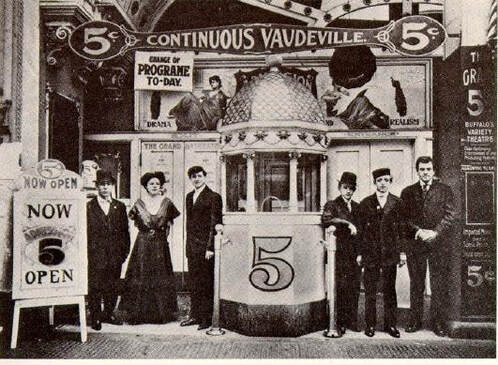
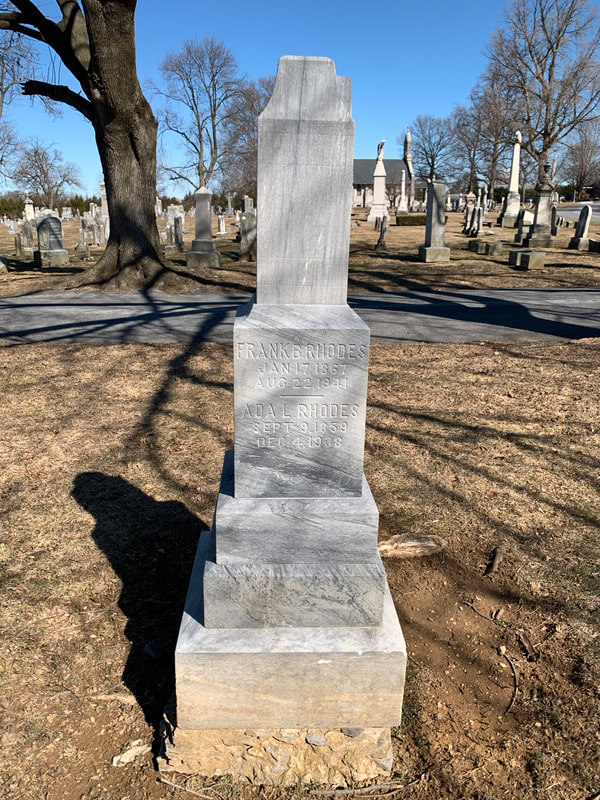
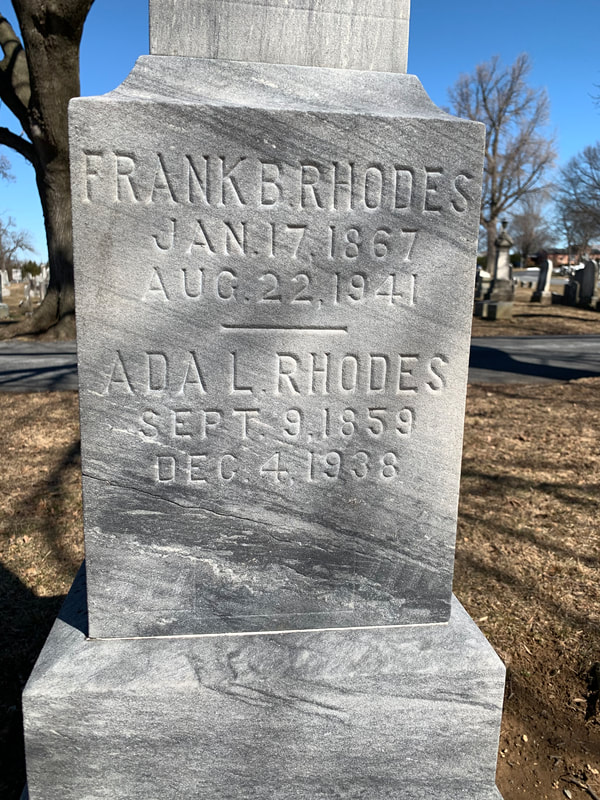

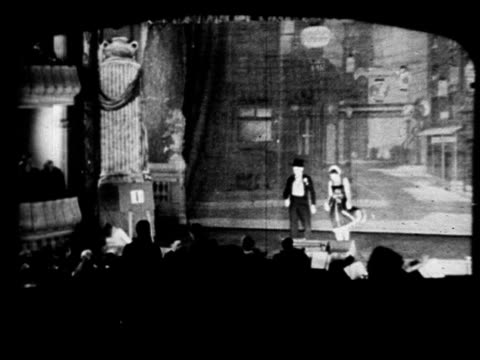
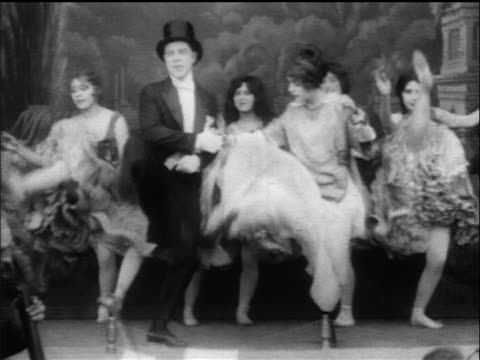
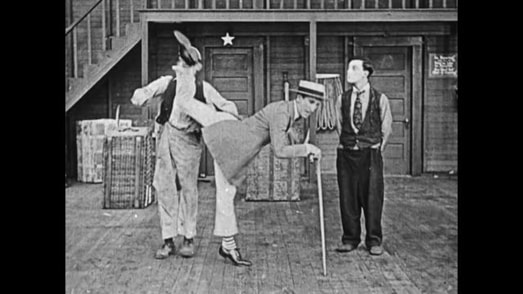
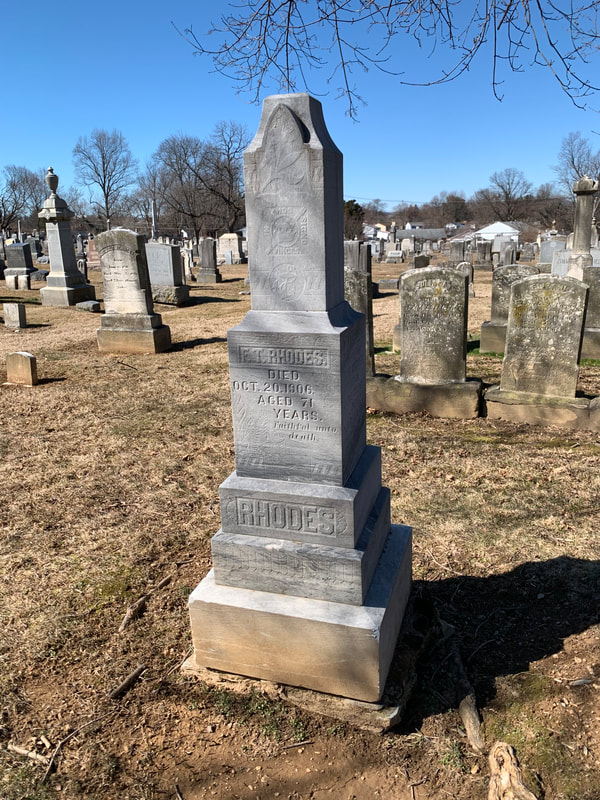

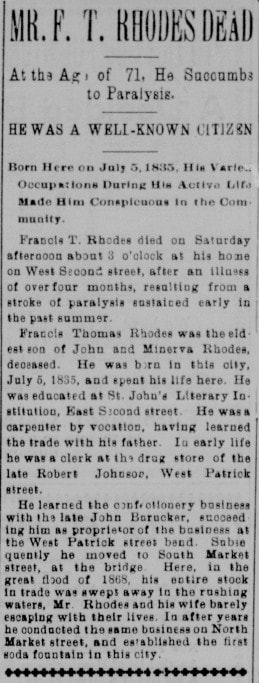
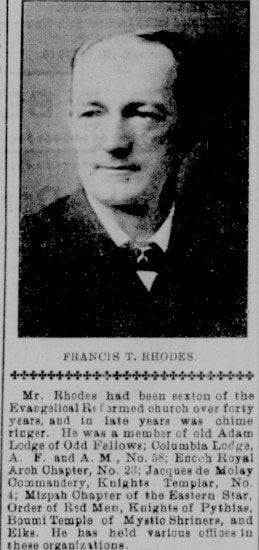
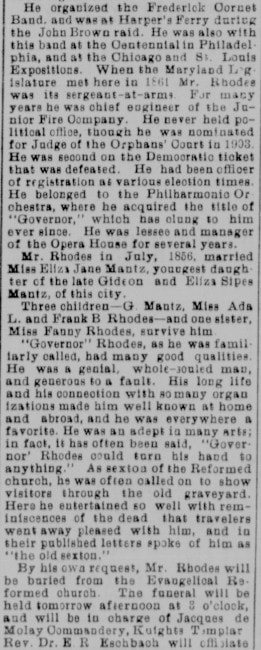
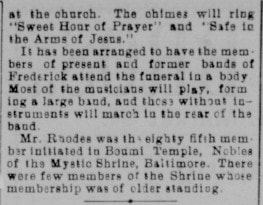
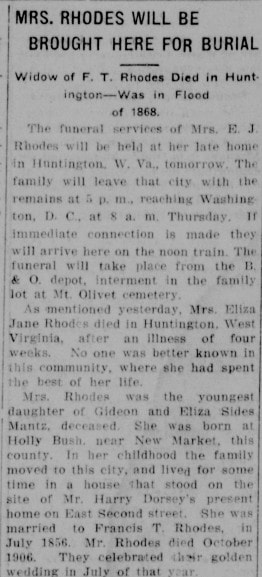
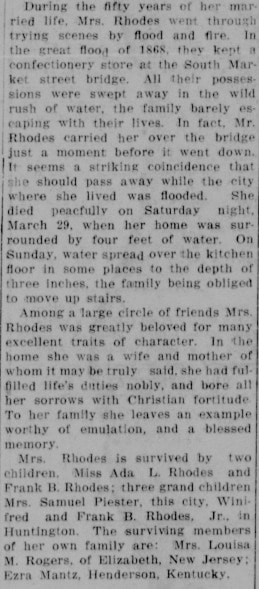
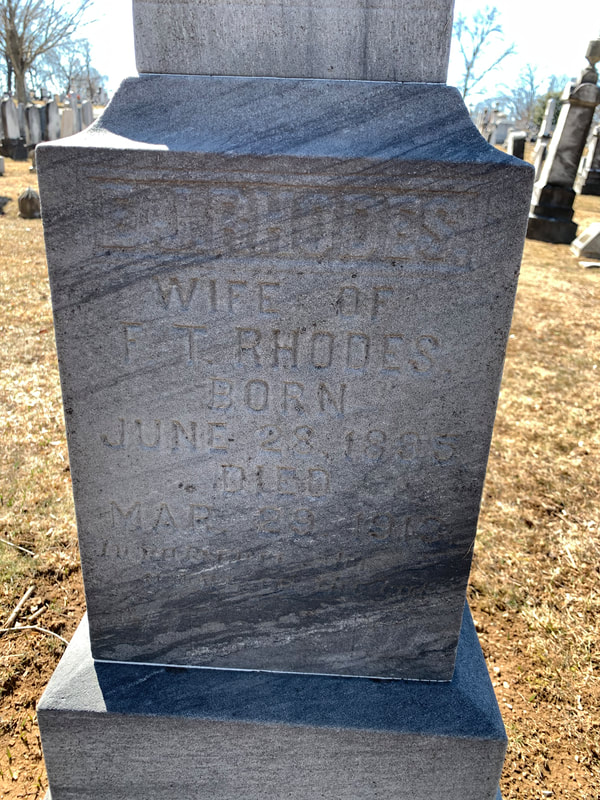
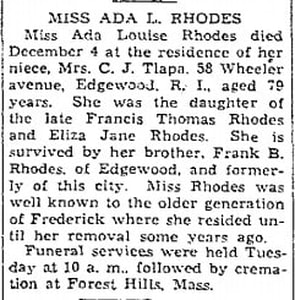

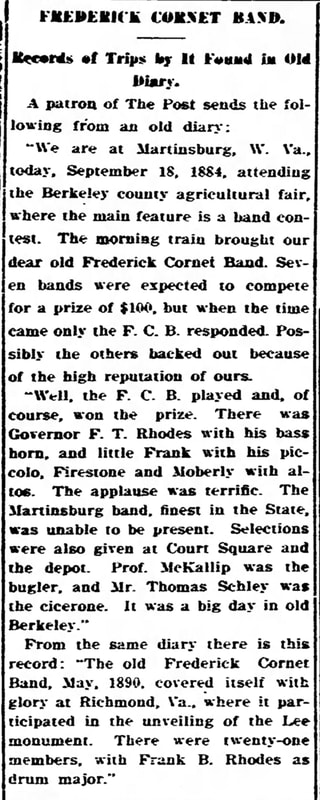
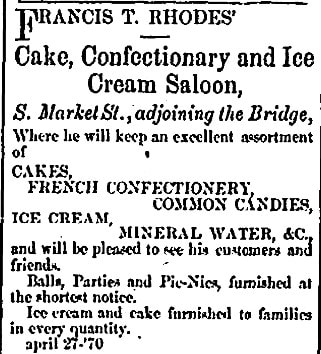
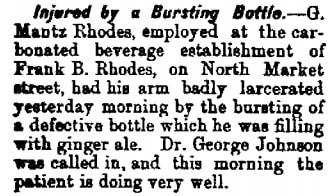

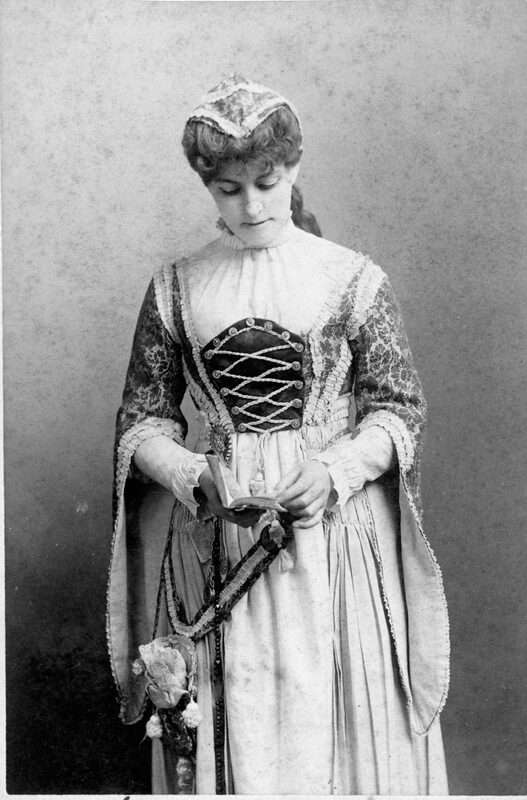
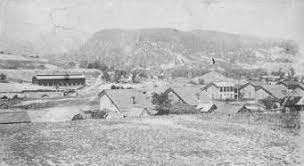
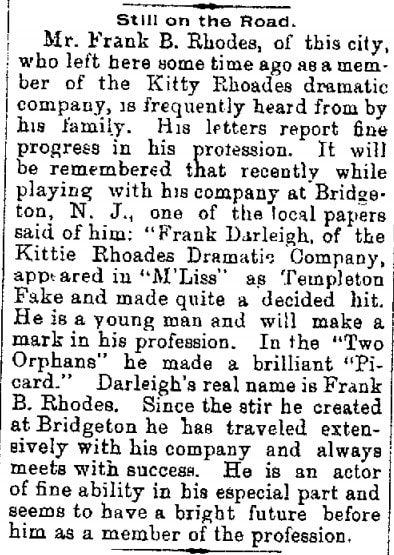
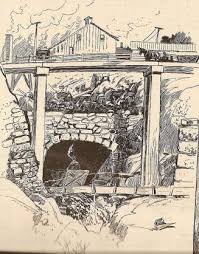

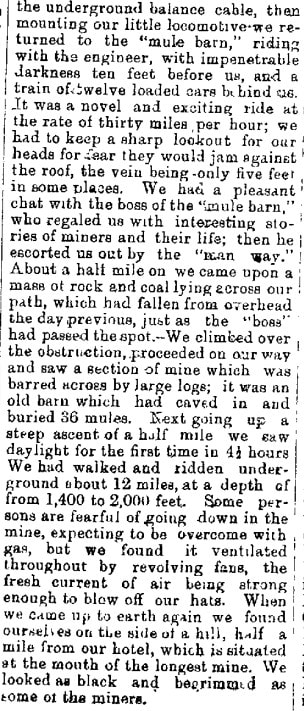
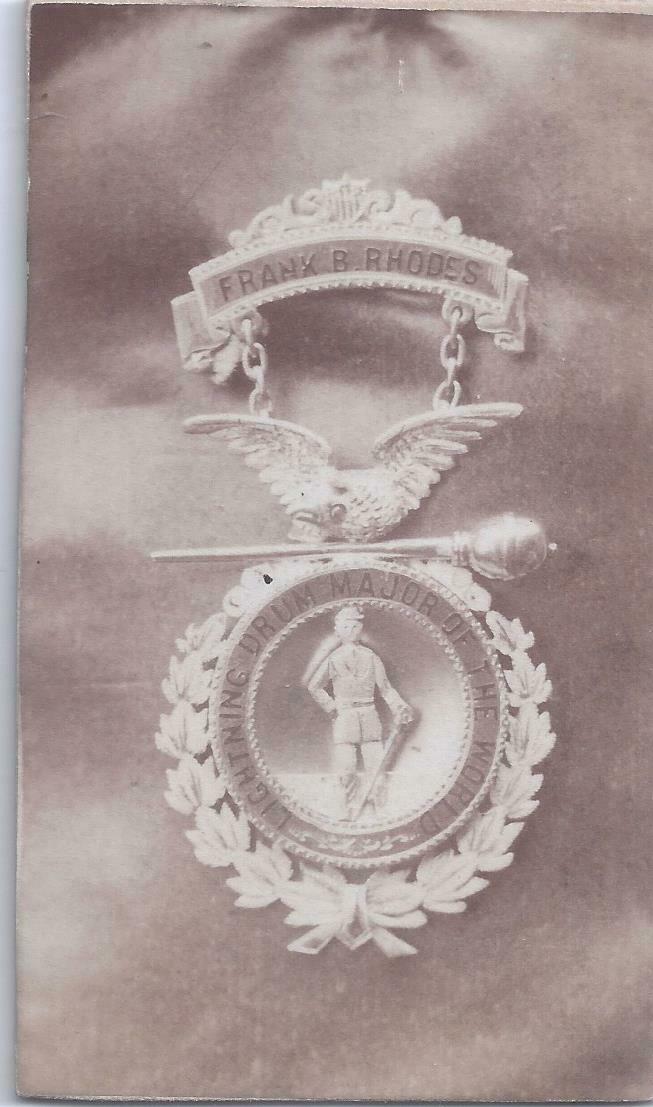


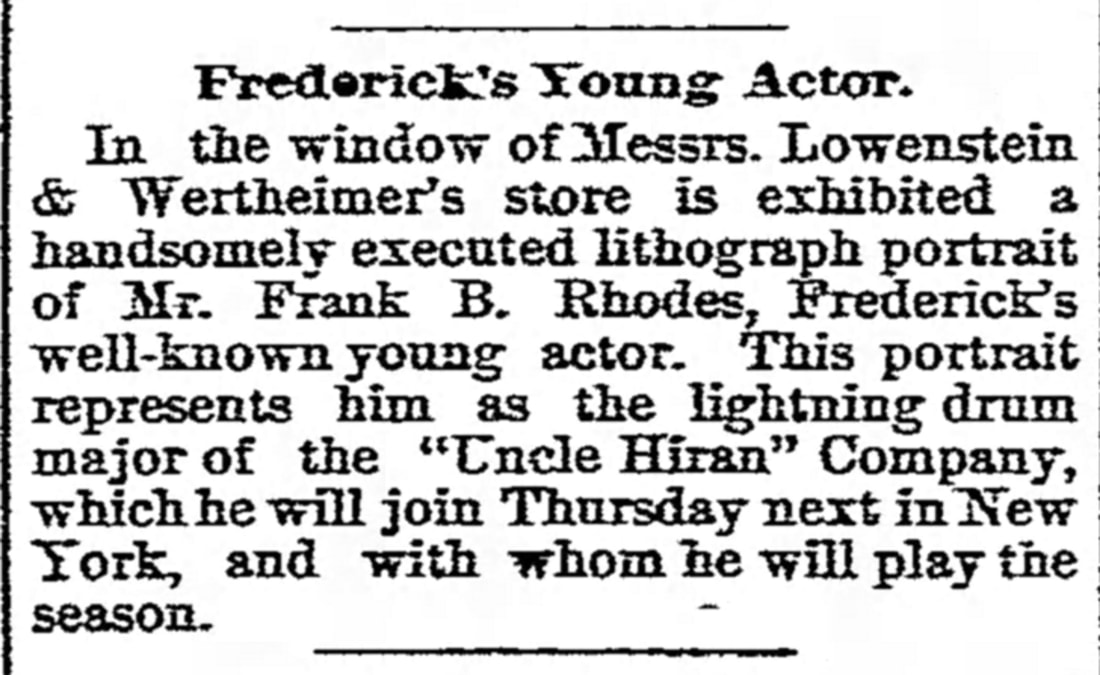
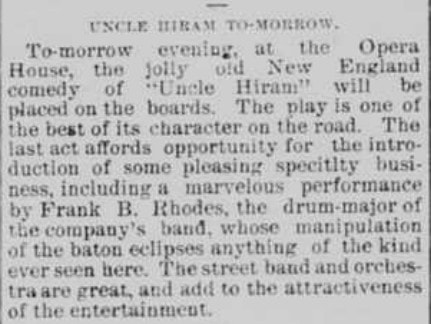
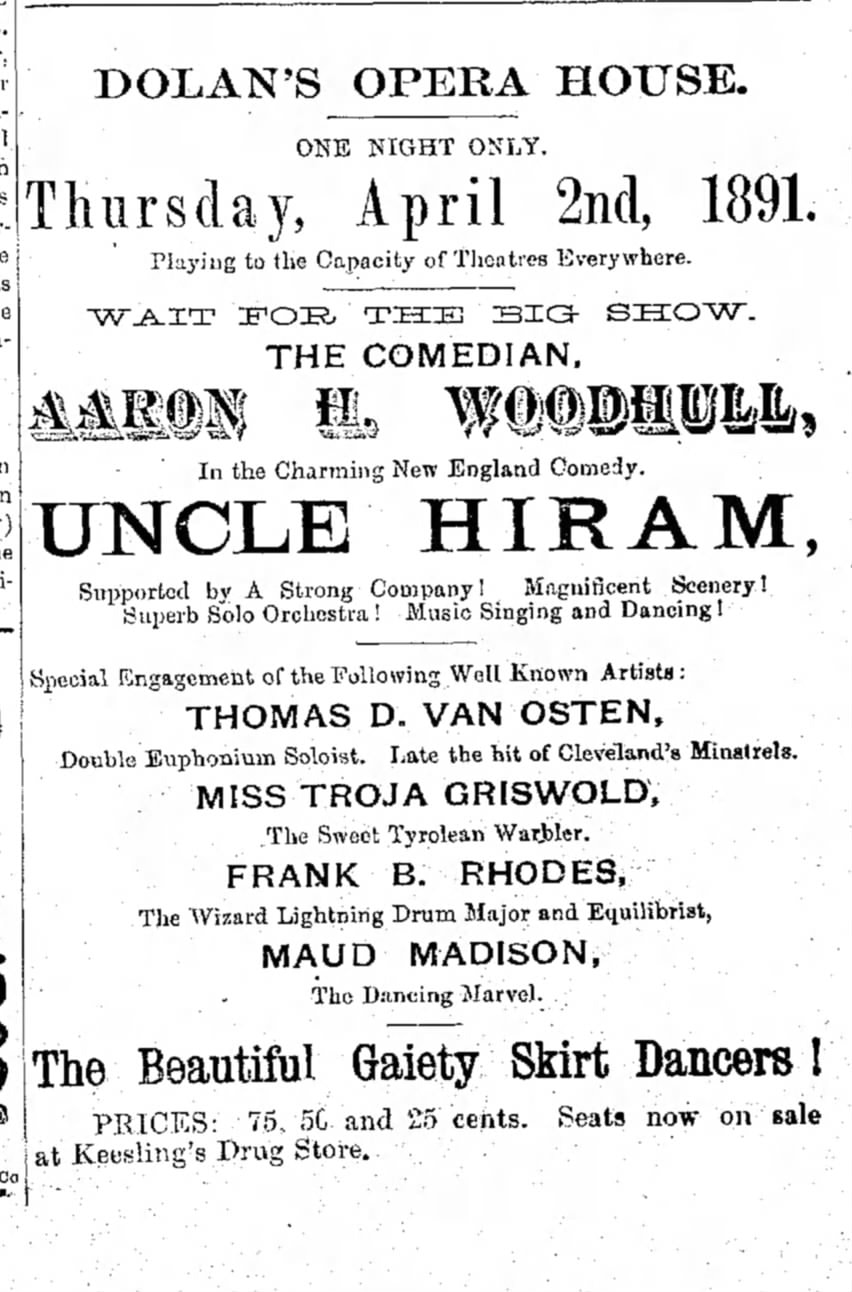
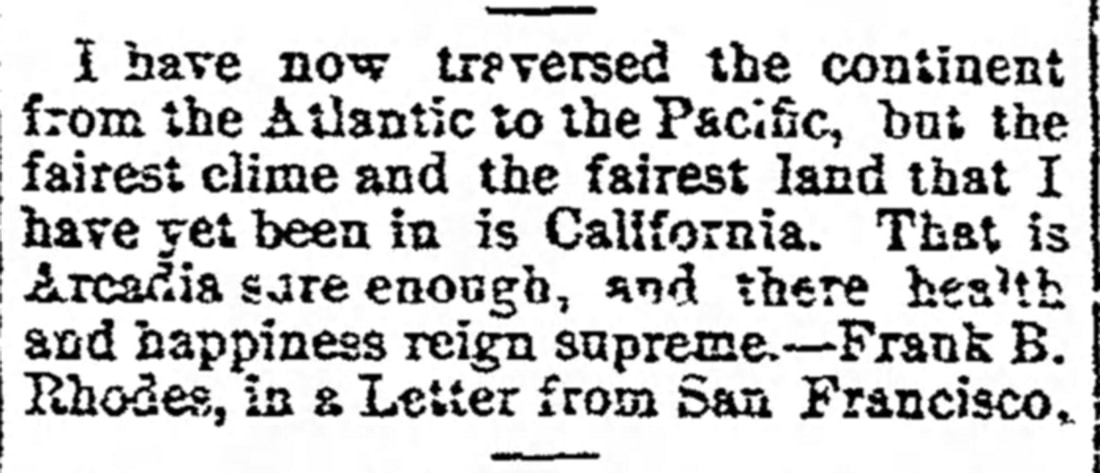
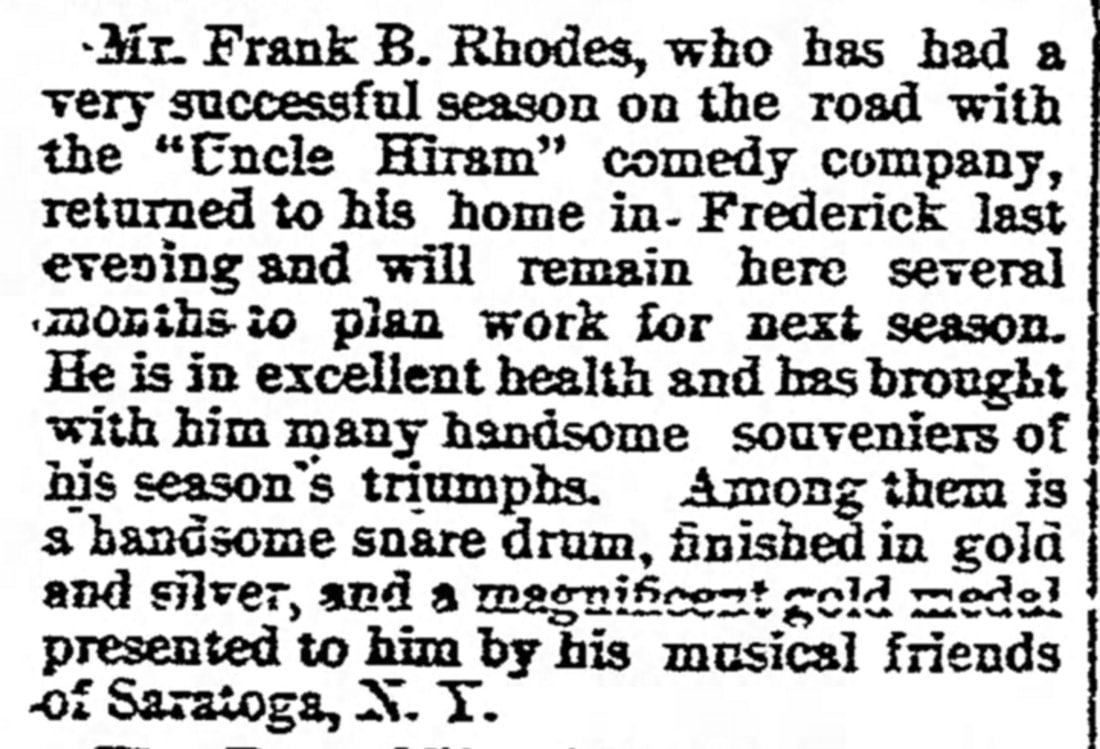

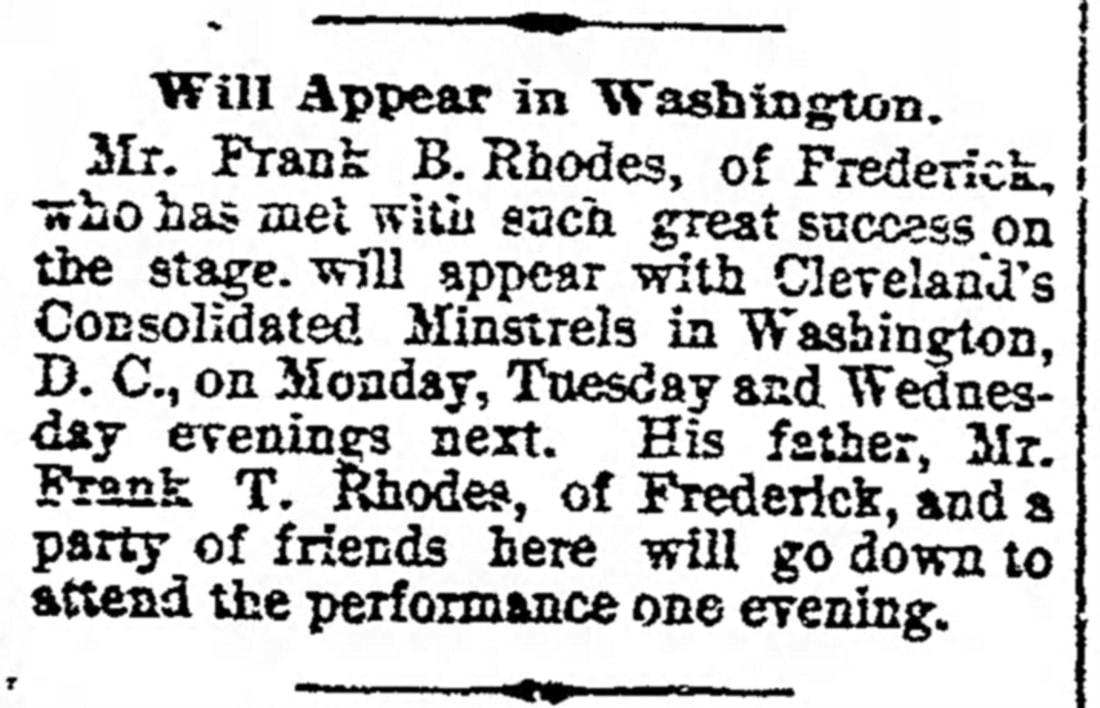
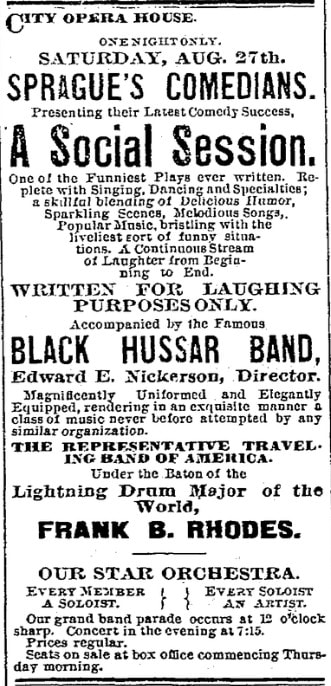
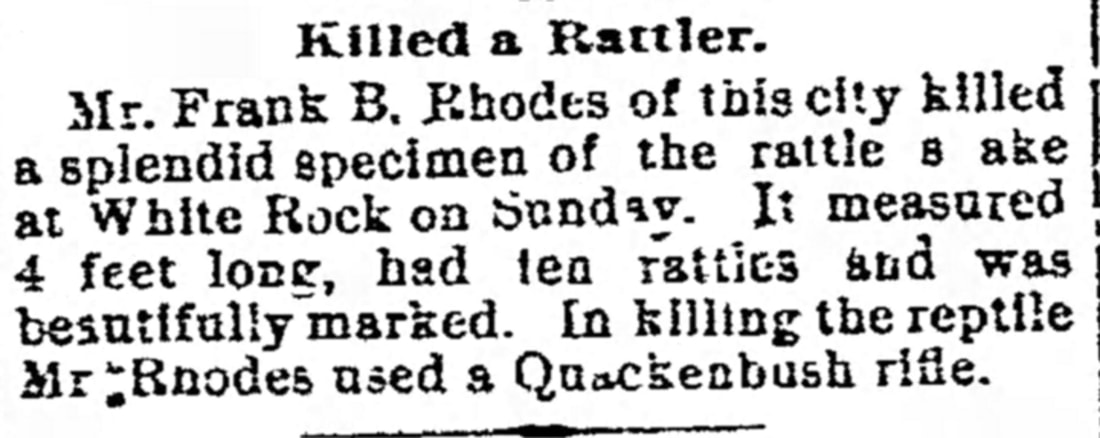
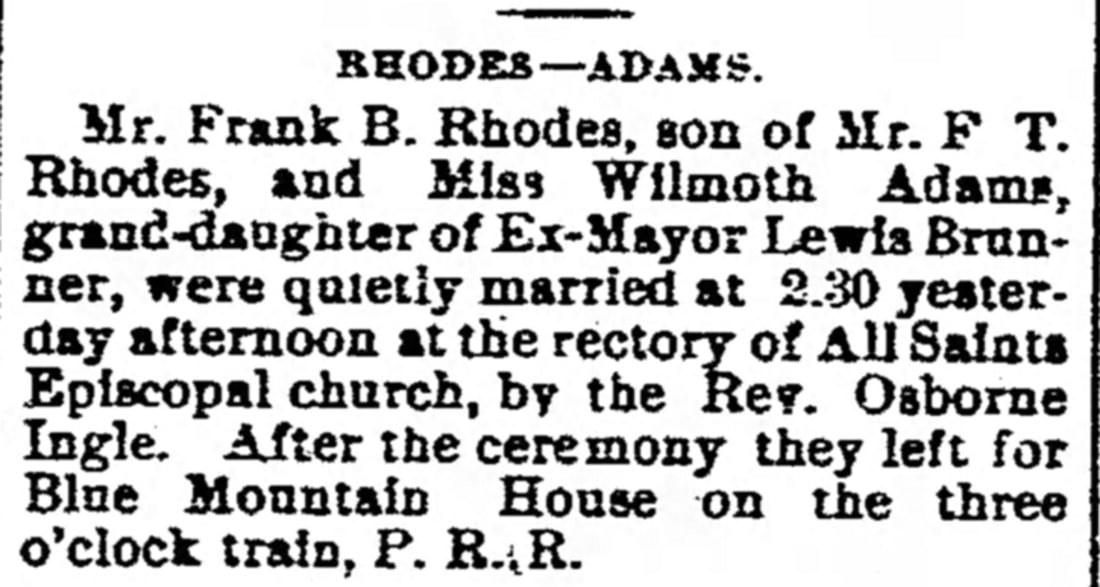
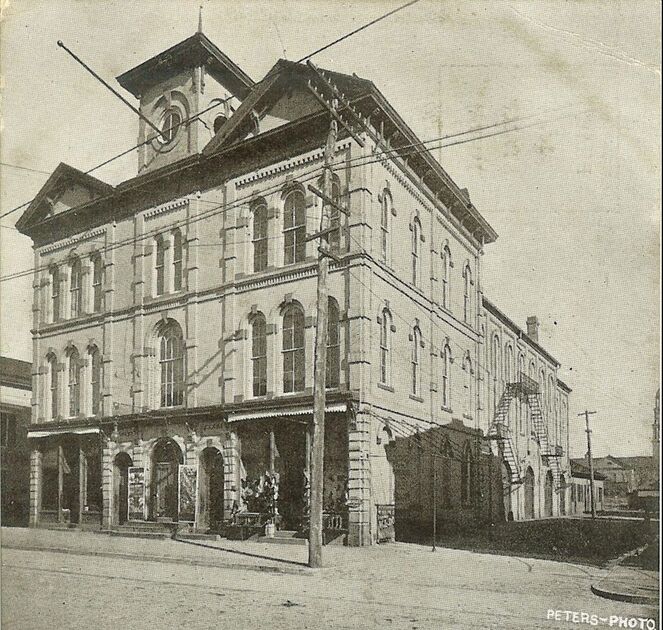
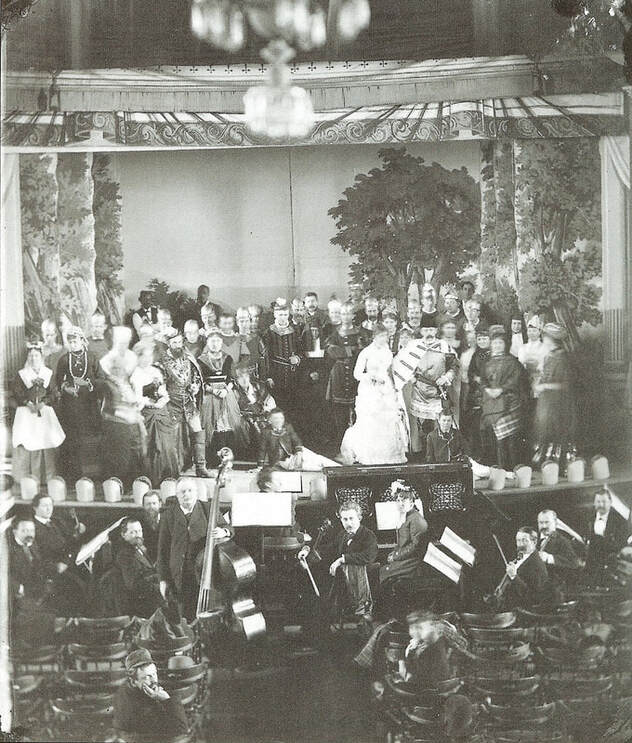
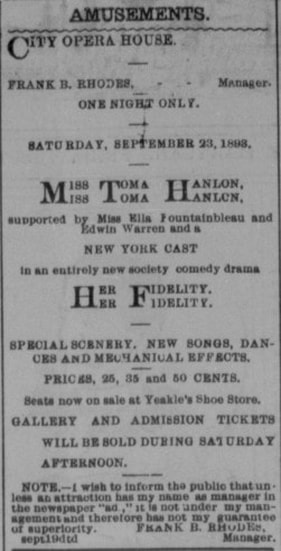
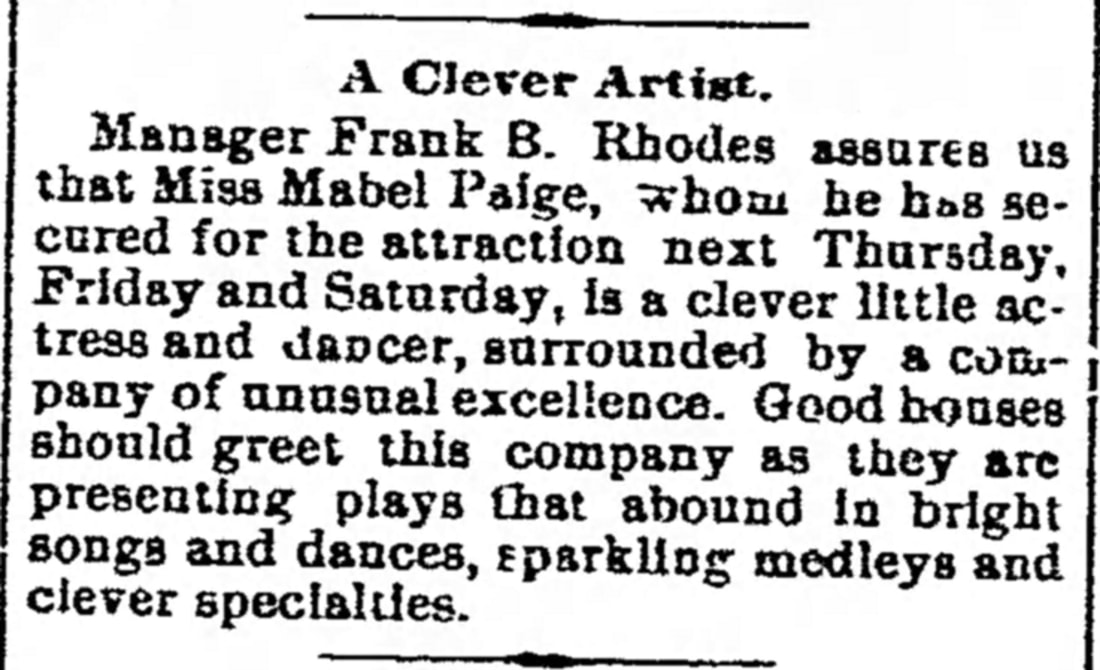
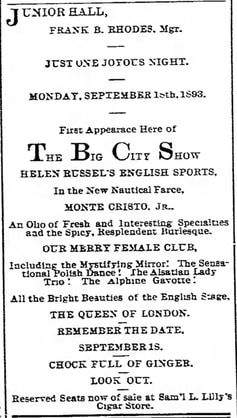
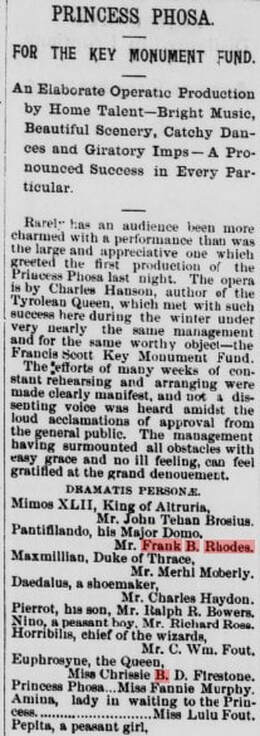
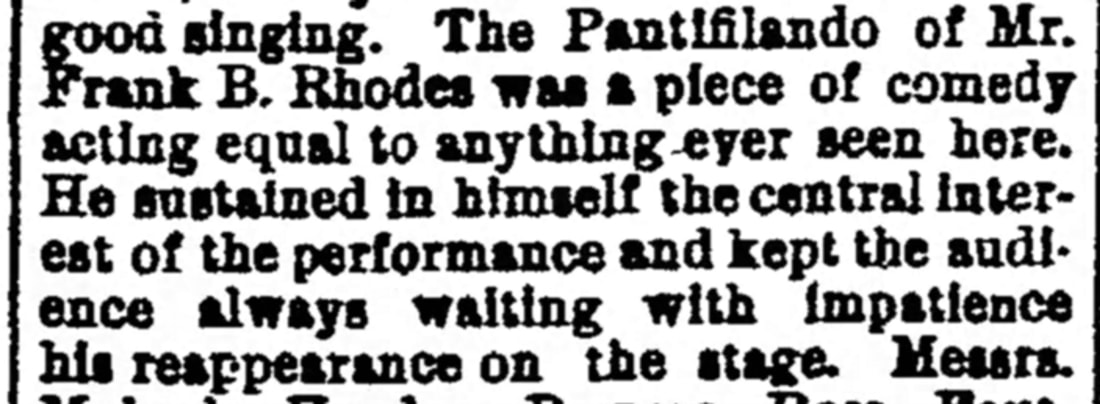
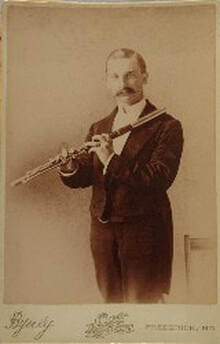
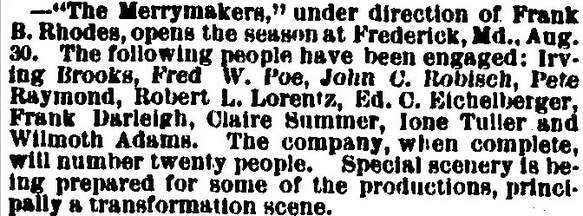
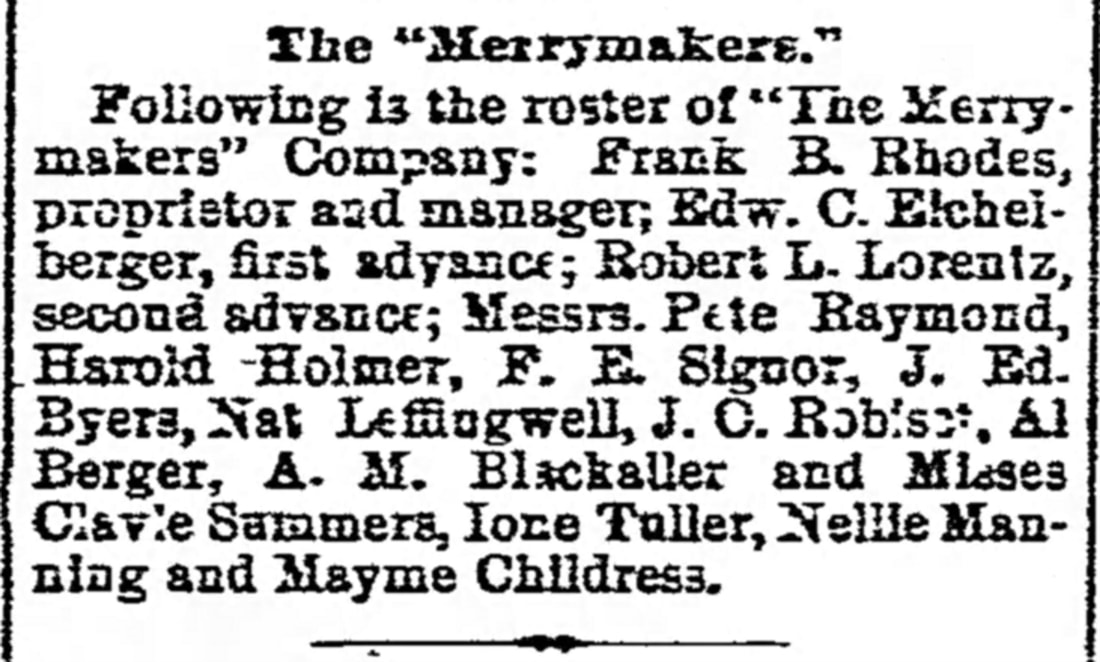

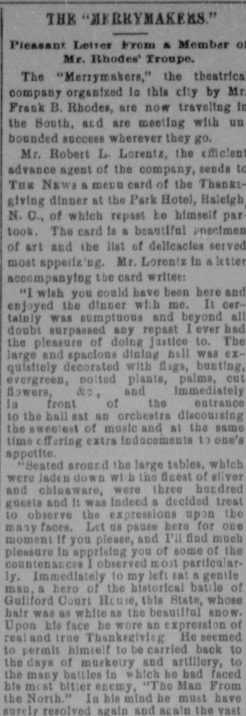
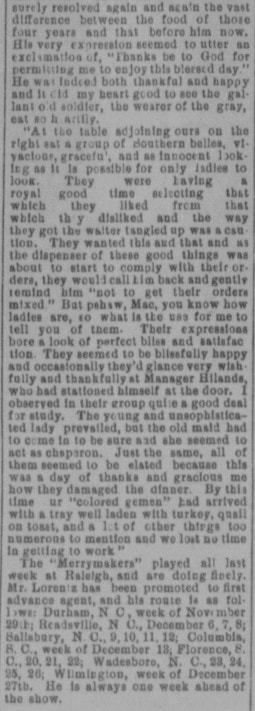


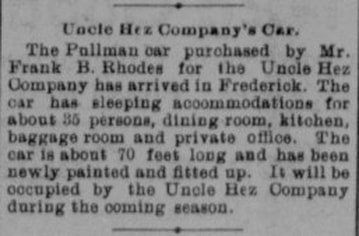
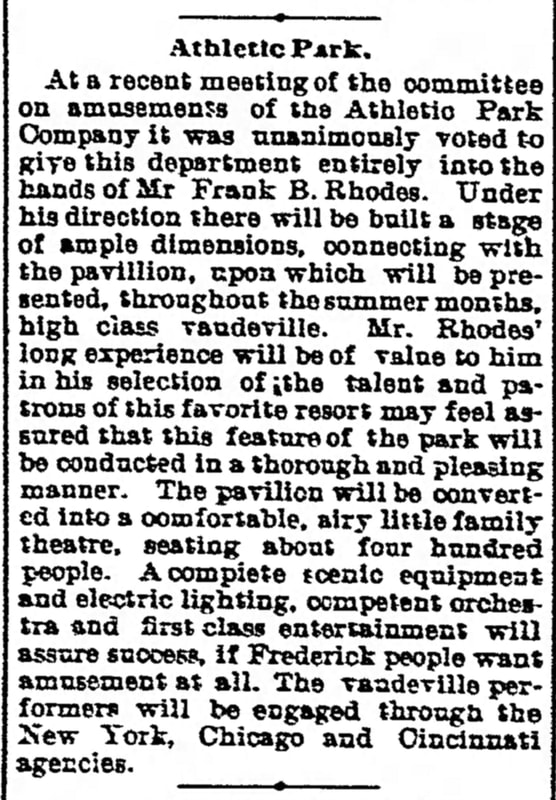
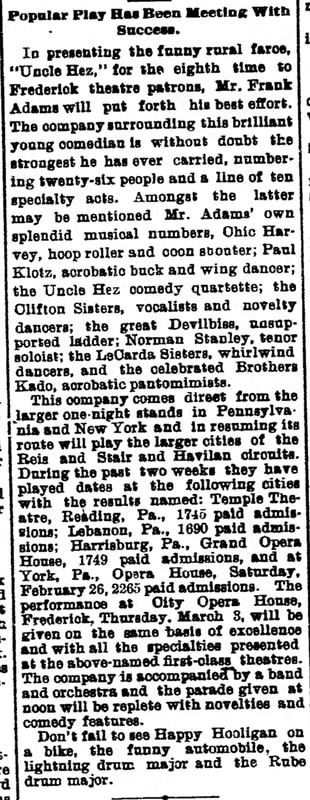
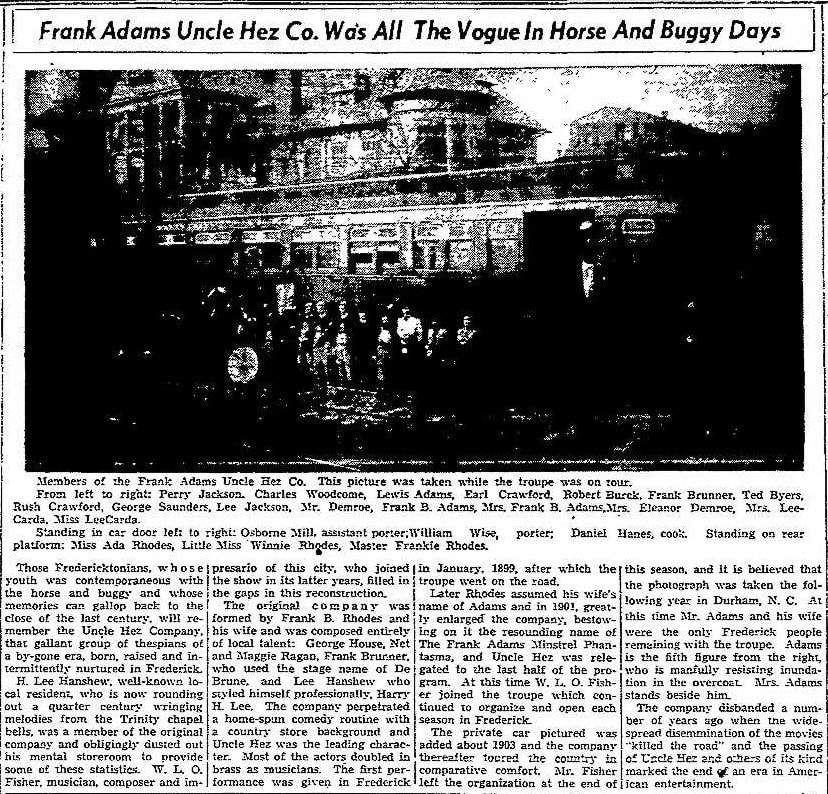
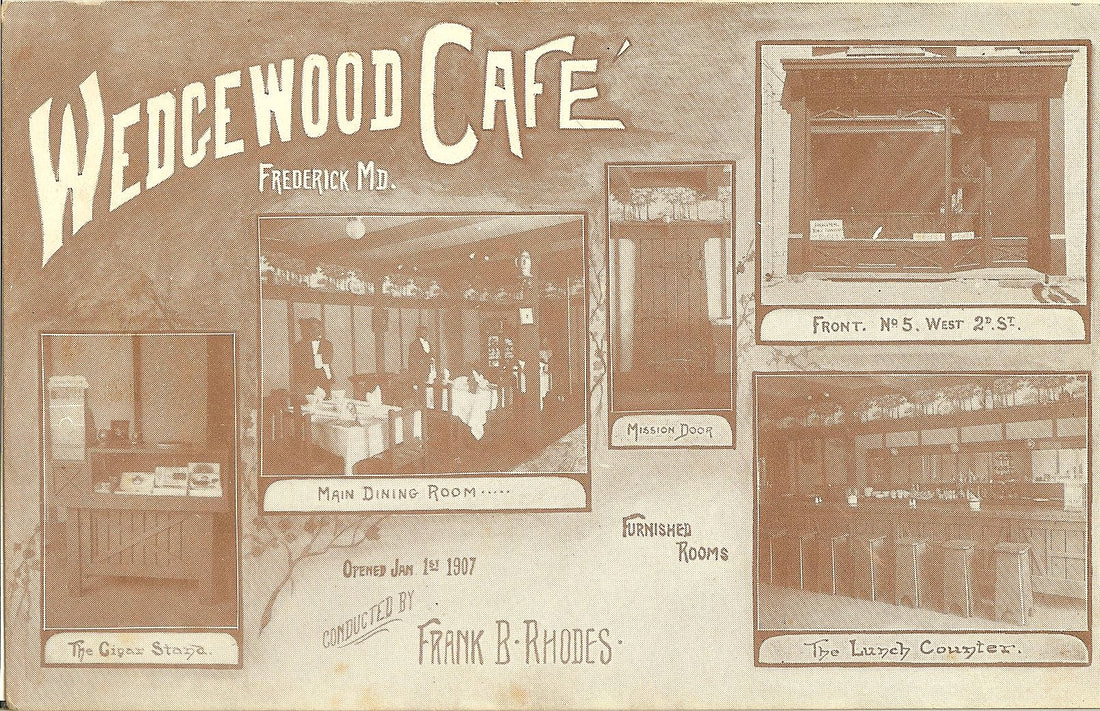
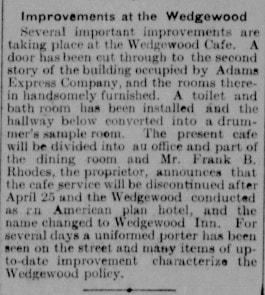
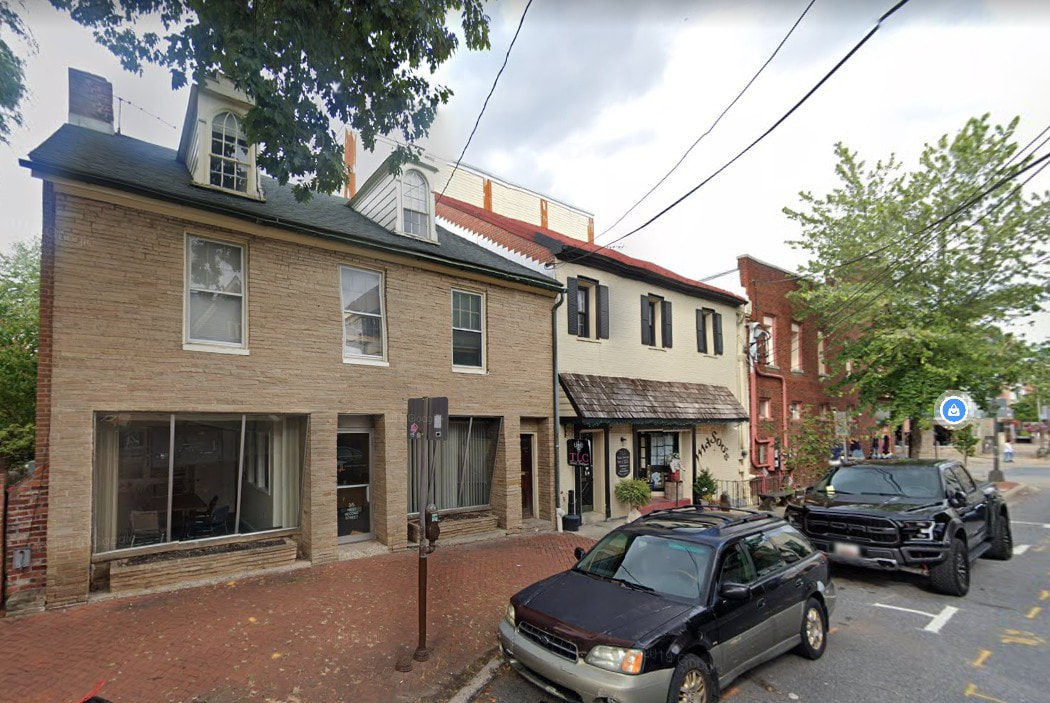

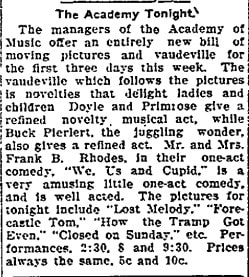


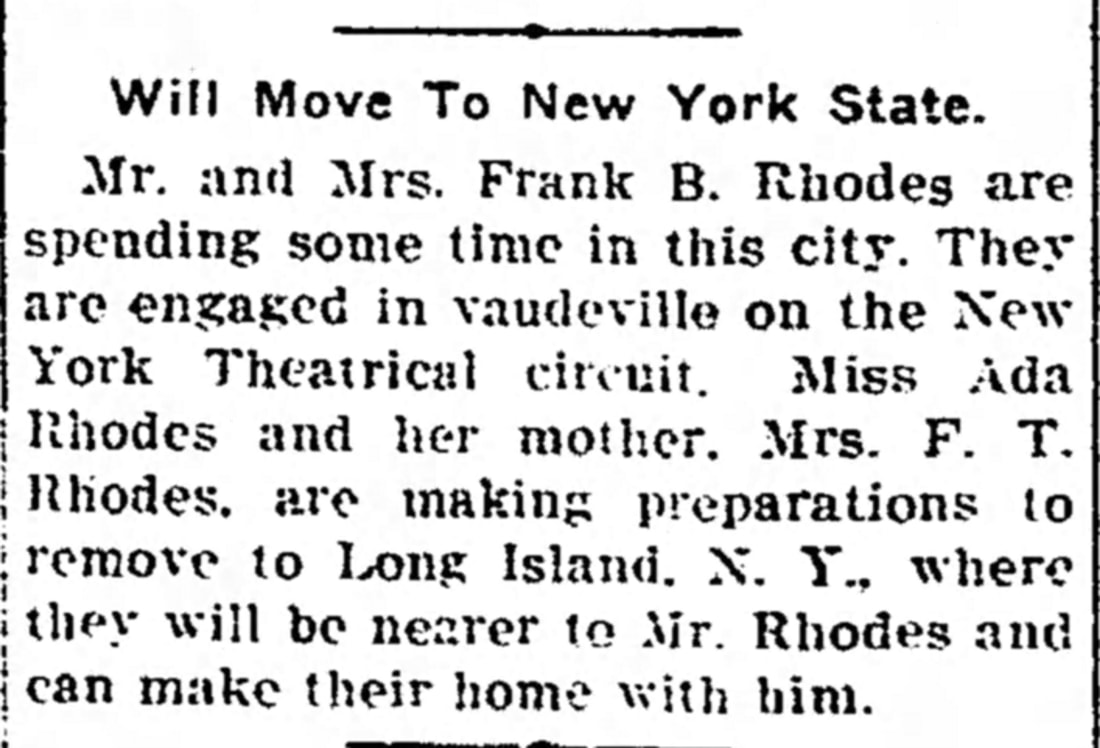
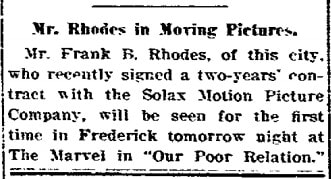
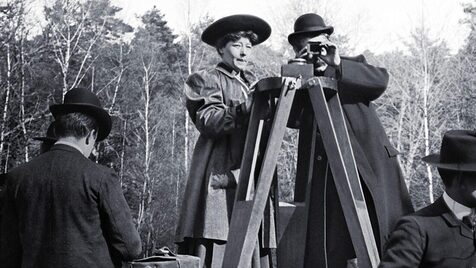
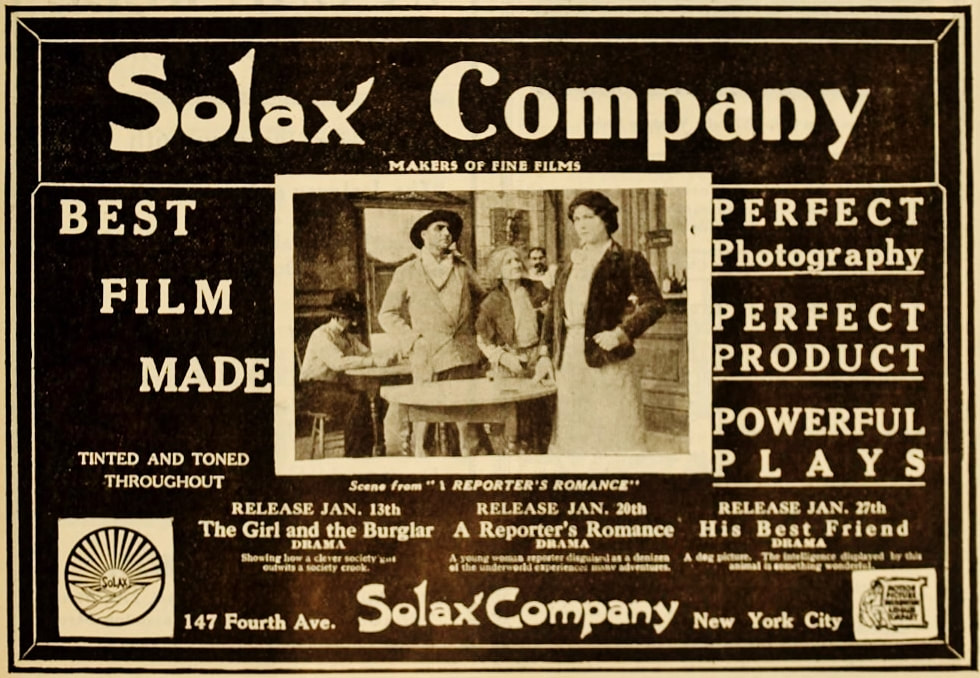
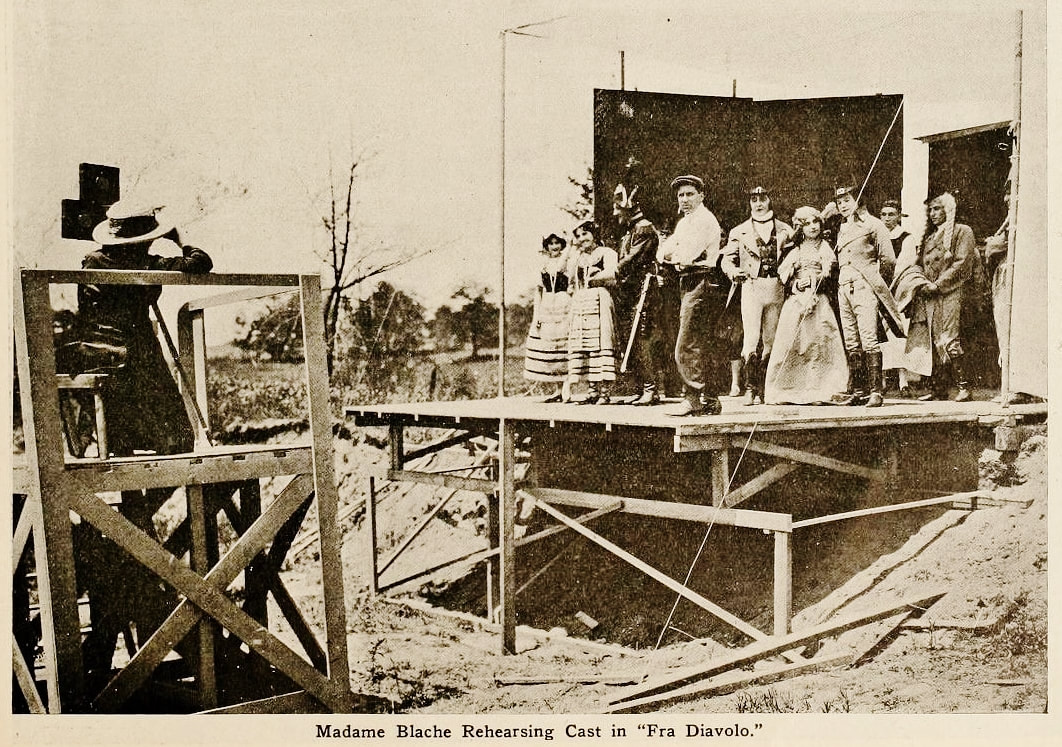

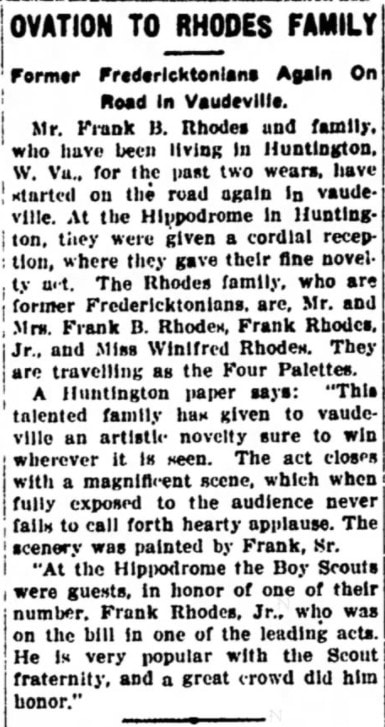
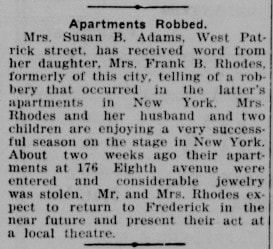



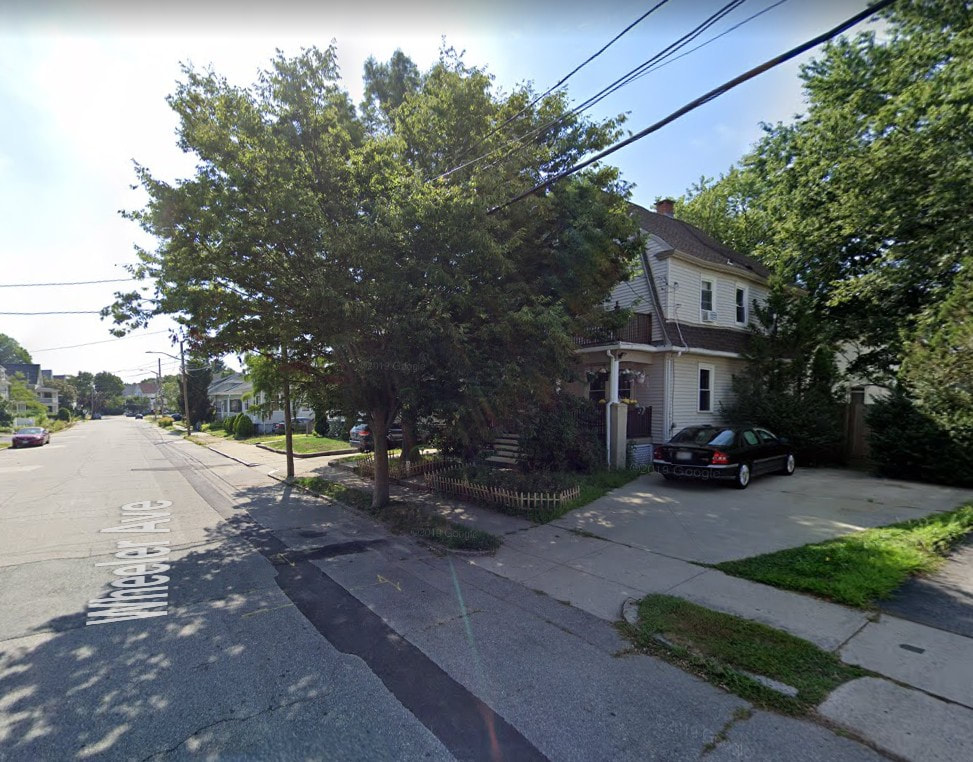


 RSS Feed
RSS Feed